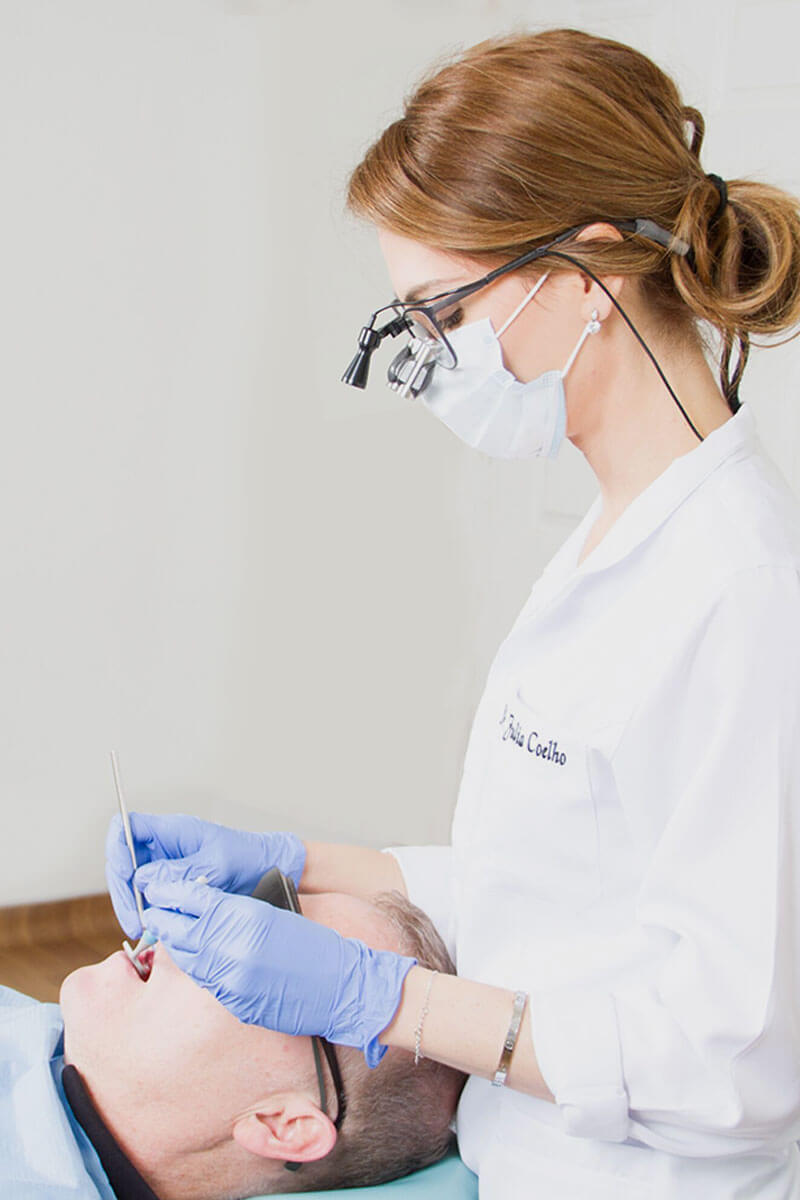Dental implants are often the best and healthiest option to replace a space in the mouth where a tooth has been lost. They look like real natural teeth and can be a permanent option providing they are maintained correctly.
They also provide a fixed solution to having removable partial or complete dentures.
Dental implants are artificial roots (usually titanium) that are surgically placed into the jaw bone. The teeth attached to implants they are usually made of porcelain. Dental implants are well known to restore the natural aesthetics, function and the confidence to smile.
Dental implants are strong, stable, and durable and will last many years, but on occasion, they will have to be re-tightened or replaced due to normal wear.
Reasons for dental implants:
- Replace one or more missing teeth without affecting adjacent teeth.
- Restore a patient’s confidence to smile.
- Restore chewing, speech, and digestion.
- Restore or enhance facial tissues.
Support a bridge or denture, making them more secure and comfortable.
WHAT IS THE PROCESS OF HAVING DENTAL IMPLANTS
The process of having dental implants requires a number of visits over several months.
- At your initial consultation Dr Julia will discuss the procedure and assess if the treatment is suitable for you.
- 3D Radiographs of the jaw and impressions (molds) of your teeth are taken to determine bone, gum tissue and spacing available for an implant.
- On the day of your implant placement, while the area is numb, the implant will be surgically placed into the bone and allowed to heal and integrate itself onto the bone for up to three to six months.
- Depending on the type of implant, a second procedure may be required to expose the implant, this is usually a quick and painless procedure.
- After several weeks of gum healing new impressions are taken for the fabrication of the artificial tooth/teeth.
- The final stage is the fixation of the porcelain crown to the integrated implant.
You will receive care instructions when your treatment is completed. Good oral hygiene, eating habits, and regular dental visits will aid in the life of your new implant.
